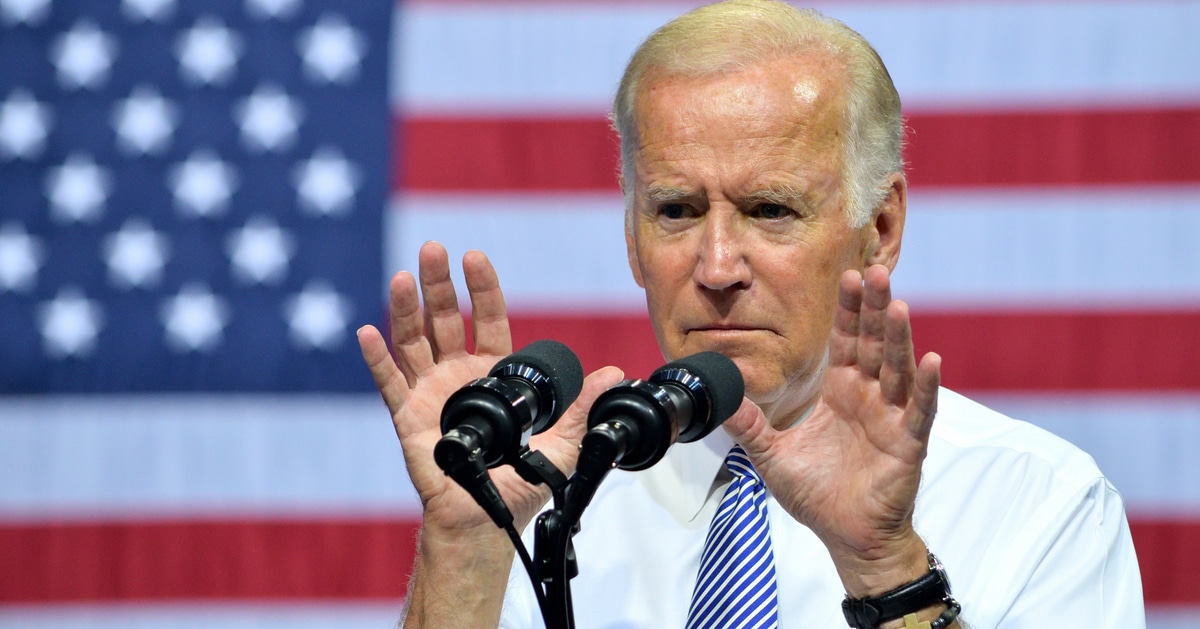

In a significant legal move, former President Donald Trump has appealed to a New York judge to overturn his recent criminal conviction, leveraging a new Supreme Court decision regarding presidential immunity.
Fox News reported that in his formal request, Trump argues that the Supreme Court's latest ruling on presidential immunity invalidates his guilty verdict by affecting the admissibility of key evidence.
On Thursday evening, Trump's legal team, led by attorney Todd Blanche, submitted a motion to Judge Merchan in New York, challenging the legality of the former president's conviction.
This request came after the Supreme Court affirmed that presidents have immunity for actions taken while in office.
The foundation of Trump's appeal is a recent 6-3 Supreme Court decision from a case tied to the Jan. 6 U.S. Capitol breach, which broadly outlined the scope of presidential immunity. This pivotal ruling prompted Trump’s team to argue that his trial included impermissible evidence.
Last month, Trump was found guilty of falsifying business records, a verdict reached after a six-week trial spearheaded by Manhattan District Attorney Alvin Bragg.
The charges were severe, with potential implications for Trump's future political ambitions.
Todd Blanche, Trump's attorney, stated in the motion that evidence during the trial, including testimony from former White House staff and presidential communications, should have been excluded under the immunity doctrine. This evidence, according to Blanche, was critical in the jury’s decision-making process.
Moreover, Blanche highlighted that the evidence presented to the grand jury that led to Trump’s indictment conflicted with the newly established Supreme Court doctrine.
This, he argued, renders the indictment and subsequent conviction invalid.
Blanche's argument was clear: “The Court should dismiss the indictment and vacate the jury’s verdicts based on violations of the Presidential immunity doctrine and the Supremacy Clause,” he stated in his filing.
Trump's sentencing was initially scheduled just before the Republican National Convention but has been postponed to September 18 by Judge Merchan. This delay comes as the legal arguments regarding the applicability of presidential immunity are hashed out in court.
The defense insists that the trial itself was unconstitutional, citing “Indeed, Trump contemplates a pretrial interlocutory appeal of an adverse Presidential immunity determination precisely because even the prospect of such a trial is constitutionally unacceptable,” according to Blanche.
As the legal proceedings continue, the implications of this case reach far beyond the courtroom, touching on the foundational aspects of U.S. presidential power and legal accountability.
The broader legal community and political analysts are closely watching the outcome of this appeal, as it could set significant precedents for presidential conduct. The Supreme Court’s decision has already sparked a wide array of discussions regarding the limits of presidential power and its immunity from legal challenges while in office.
This case not only challenges the convictions and legal proceedings tied to a former president but also tests the boundaries of constitutional law as it applies to the highest office in the land.
As Trump’s legal team pushes for a reversal of the verdict, the judicial system's response will likely resonate through the upcoming electoral cycles and beyond, influencing how presidential immunities are interpreted in future legal scenarios.
The outcome of this legal battle is crucial for Trump’s political future, particularly as the 2024 Presidential Election approaches. A successful overturning of his conviction could significantly impact his public and political standing.
Conversely, a dismissal of his motion could lead to a ripple effect, influencing public opinion and his legal strategies moving forward. This makes the forthcoming decisions in September all the more pivotal.
The next few months will be critical as they will determine not only the legal standing of a former president but also the practical applications of the Supreme Court's ruling on presidential immunity.
Former President Trump's request to overturn his conviction, citing the Supreme Court's recent ruling on presidential immunity, marks a pivotal moment in U.S. legal history.
This case not only explores the depths of presidential powers but also sets the stage for future interpretations of constitutional protections for presidents. As the court deliberates, the nation watches closely, understanding that the outcome could reshape the landscape of American presidential jurisprudence.



